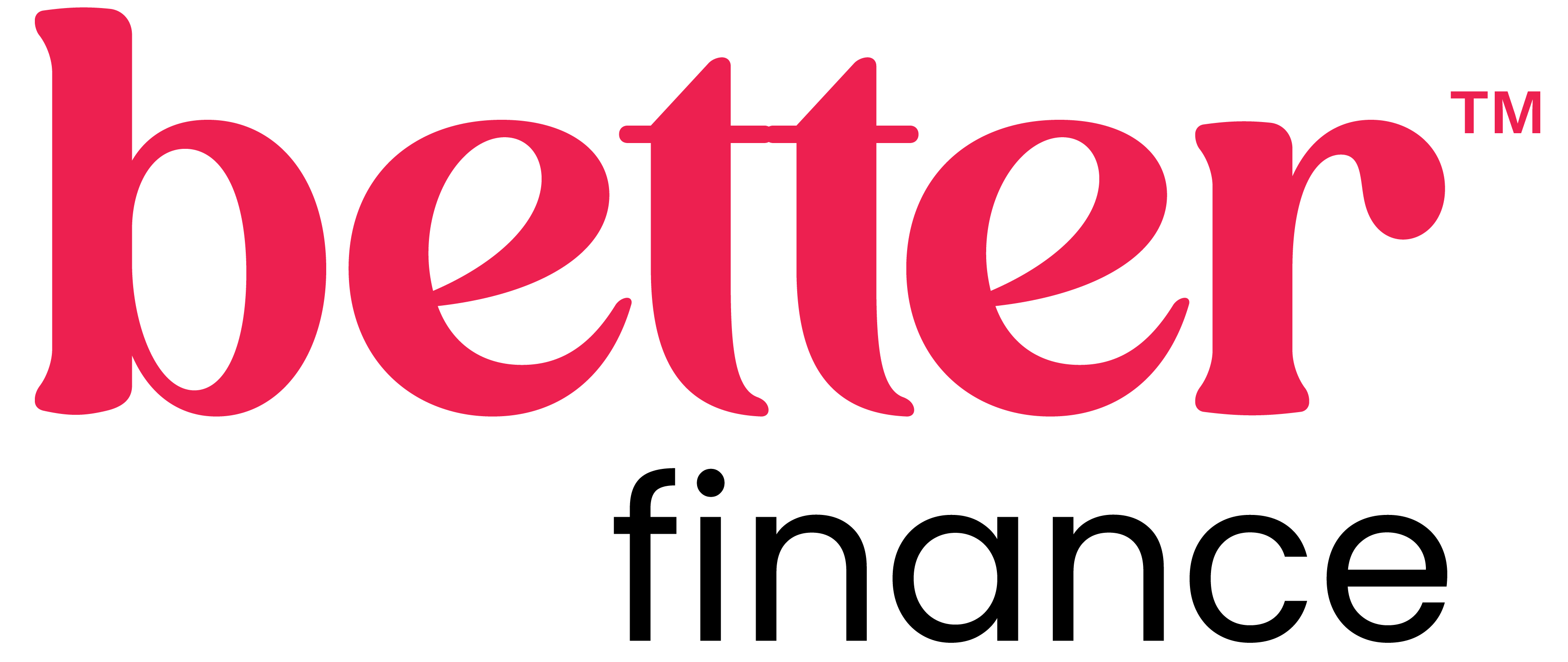
Debt consolidation can be a really helpful tool to assist you in feeling more in control of your finances.
If you have a number of different debts to pay, debt consolidation can allow you to roll them into one new loan.
That can make them easier to manage, because you only have one loan to think about, and can sometimes save you money.
But understanding how it might affect your credit score is important for your overall financial health.
What is Debt Consolidation?
Debt consolidation with a personal loan means that you take out a loan and use it to pay off your other debts. Then you focus on paying off that loan until you are clear of debt.
Debt consolidation can help from a life admin perspective, because you only have one payment to worry about. If you can access a lower interest rate or pay your debts off more quickly, it could also save you money.
If you’re consolidating secured debt, you may need to offer the same security for the newly consolidated loan. It’s worth checking whether the loans you plan to consolidate include any fees for early repayment.
How Debt Consolidation Can Help Your Credit Score?
There are a few ways that consolidating debt could improve your credit score.
Simplified payments
When you’re only having to think about one repayment each week, fortnightly or monthly, instead of multiple, it’s much easier to keep track of what’s going on. This can mean it’s easier to avoid missed payments, which can dent your credit score.
Paying off your debt
Your debt consolidation loan should give you a clear path to paying off your debt. Making the payments on time builds a history of debt repayment that will improve your credit score.
Potential decrease in credit utilisation ratio
If you consolidate high-interest credit card debt, leaving your credit cards clear, that will improve your credit utilisation ratio – the amount of your available credit you’ve used – which can help to boost your credit score. Of course, avoid maxing them out again, so you don’t undo the benefits of the debt consolidation!
Improved financial management
Unlike a credit card, where you can often carry debt indefinitely, your consolidated loan will have fixed repayment terms.
You’ll often have a fixed interest rate, and payments that will stay the same over the months or years that you’re repaying.
Provided you don’t end up taking on more debt again once you’ve consolidated your existing loans, it can really help build financial discipline, because you’re making a step towards being debt-free each time you make a repayment.
How Debt Consolidation Can Hurt Your Credit Score?
There are some things to keep in mind, however.
Initial credit score dip
If you are applying for a debt consolidation loan or balance transfer, and that prompts a lender to conduct a “hard” credit inquiry during the loan process, this might temporarily lower your score. You can reduce the risk of this by working through the better finance™ process, where we identify whether you could potentially borrow the amount you require, and which lender is likely to be the most appropriate option, before applying to a lender directly.
Risk of overborrowing
There can be a temptation to get into more debt if the consolidation loan makes you feel that you’ve achieved some relief. If you end up with more debt overall, it won’t help your credit picture or your overall financial health.
Closing old accounts
Sometimes, closing old accounts and lines of credit can have a negative impact, particularly if you have a long credit history with those providers.
Tips to Maintain a Healthy Credit Profile Post-Consolidation
Here are four ways to help you stay on track for a healthy credit score.
Stay disciplined
Focus on the goal and don’t rack up more debt on your newly cleared credit cards, or take out new loans.
Make timely payments
Make your repayments for your debt consolidation loan on time, every time, to build your credit history.
Use tools to track your progress
You can use tools such as better finance™️’s debt consolidation calculator to plan your repayments and your path to clear your debt.
Avoid closing accounts immediately
Sometimes it might make sense to keep accounts open to maintain the length of your credit history. better finance™️’s expert team can advise you on this.
If you’re wondering about debt consolidation and what it might mean for your finances, get in touch with us today. Our expert team of financial advisers is here to answer any questions you may have.





